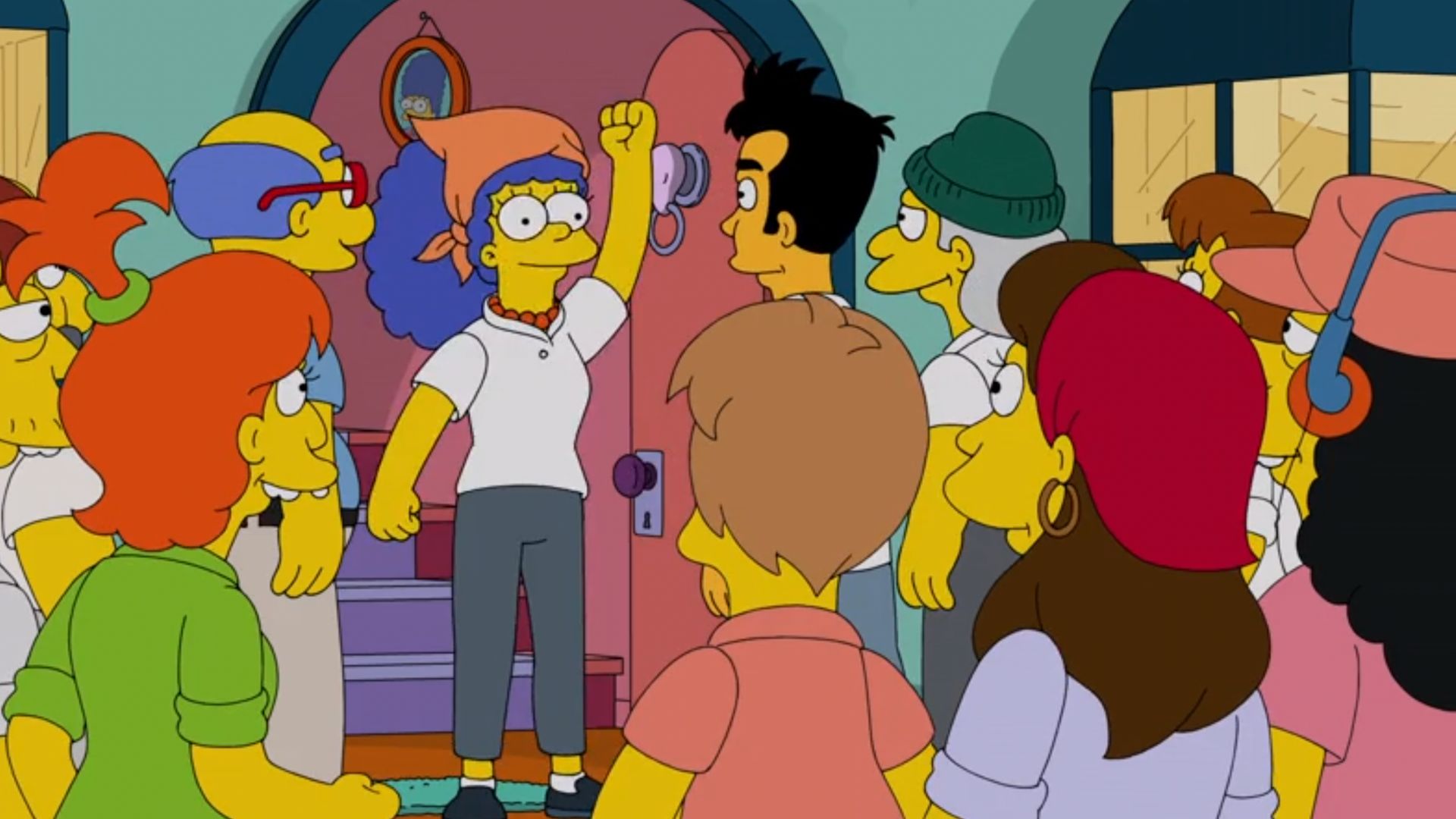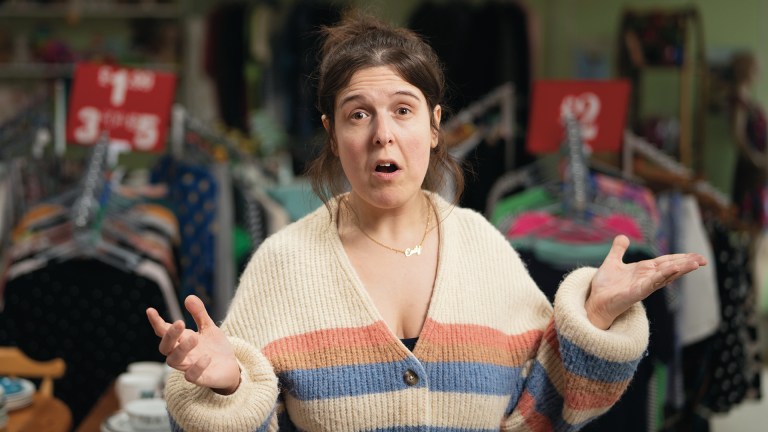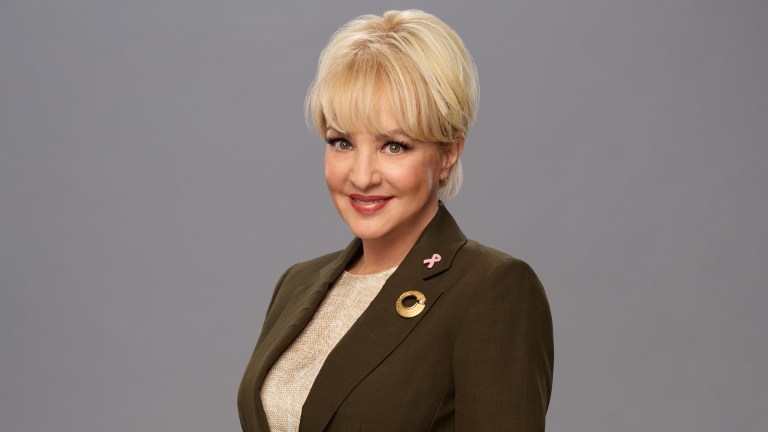“We tend to think of culture and labour as being opposites, because culture is what we do when we’re not working – we go out on the town, we watch TV, we go to a movie… but they’re synonyms, they’re linked,” Newman says.
“When you watch something that was made in Hollywood, almost everyone who is affiliated with it is a member of a union. The writers, the actors, all the behind-the-scenes people.”
The Hollywood strikes were partly prompted by the huge pay disparities between studio bosses and contracted writers. Gig economy food delivery workers have been galvanised by a similar profit disparity.
Earlier this year, thousands of delivery drivers for Deliveroo, Uber Eats and Just Eat went on strikes over “ridiculously inadequate” pay and dangerous conditions. Drivers told the Big Issue they’d been treated like “human filth”, making less than £100 for a 12 hour shift.
The Simpsons episode draws attention to this sort of stark disparity. As Marge nurses a workplace injury, Gimme Chow CEO Finn Bon Idée brags about doing ayahuasca in space with Amazon tycoon Jeff Bezos. “Gimme Chow is a family, united by one goal: enriching our shareholders,” he oozes.
But according to the Independent Workers Union of Great Britain, the ‘minimum wage’ that Marge is on in the episode actually exceeds the pay that delivery drivers receive.
Advertising helps fund Big Issue’s mission to end poverty
“Riders are often at the mercy of entirely opaque algorithms, which feed on their data to make hidden calculations and spit out the lowest fees they think riders will accept,” IWGB president Alex Marshall said. “The result is a continuous erosion of fees, forcing workers to spend longer and longer on the streets just to survive.”
Have unions been on The Simpsons before?
It’s not the first time that unions have featured on The Simpsons. In an iconic 1994 episode, Homer – newly-appointed as union president – leads the workers of the nuclear plant in a strike in order to restore their dental plan.
For today’s gig economy workers, membership in such a powerful union is a distant dream.
In many jurisdictions, precarious workers are not classified as “employees,” an arrangement which denies them collective bargaining rights. California’s Proposition 22 – which allowed app companies to classify drivers and deliverers as independent contractors – was the inspiration for the new Simpsons episode, writer Cesar Mazariegos told Eater magazine.
“All these companies [are] coming together to basically screw us over and make it so that workers can’t unionize,” he said.
Things aren’t much better in the UK. In November, the Supreme Court ruled that Deliveroo riders are not “workers” and could not collectively bargain in a way that Deliveroo must recognise in statutory process. The ruling – described by drivers as a “bitter” disappointment – came after a long-running battle by the Independent Workers Union of Great Britain for the right to bargain on behalf of workers.
Advertising helps fund Big Issue’s mission to end poverty
But legal constraints haven’t stopped workers from engaging in collective action. New forms of solidarity may have a different legal structure to a traditional union, but organising tactics can nonetheless be effective, Jonathan Preminger, senior lecturer in management, employment and organisation at Cardiff Business School.
“Unions have a legally sanctioned status in civil society… but it’s misleading to think of unions solely as a legal issue,” he said. “Obviously, the legal context is very important. But [the most important thing] if workers can get together to demand certain things, they can have an impact, even without the legal category of being a ‘union.’”
In the UK, couriers have organised through grassroots pop up organisation Delivery Job UK, connecting via social media to overcome the isolation of the fragmented gig economy workplace.
“The classic idea of unionizing is that people are working together in a particular place. So they get to know each other, and they often know each other outside of work. The precarity of the gig economy at first seemed to have broken down that kind of social solidarity,” Preminger says.
“So people working in the gig economy had to find ways to overcome the fact that they weren’t working together, they often didn’t know each other, they are often in direct competition with each other. But gig workers know the situation they’re in, and some of them are finding ways to overcome it.”
Marshall echoed this claim.
Advertising helps fund Big Issue’s mission to end poverty
“The Supreme Court may have refused to officially recognise riders’ right to collective bargaining, but that does not prevent us from coming together and taking action for the changes we want to see,” he said.
“Our power comes not from the courts but from our unity as workers acting collectively. For things to change we need riders to unionise, get organised and take back what they’re owed.”










